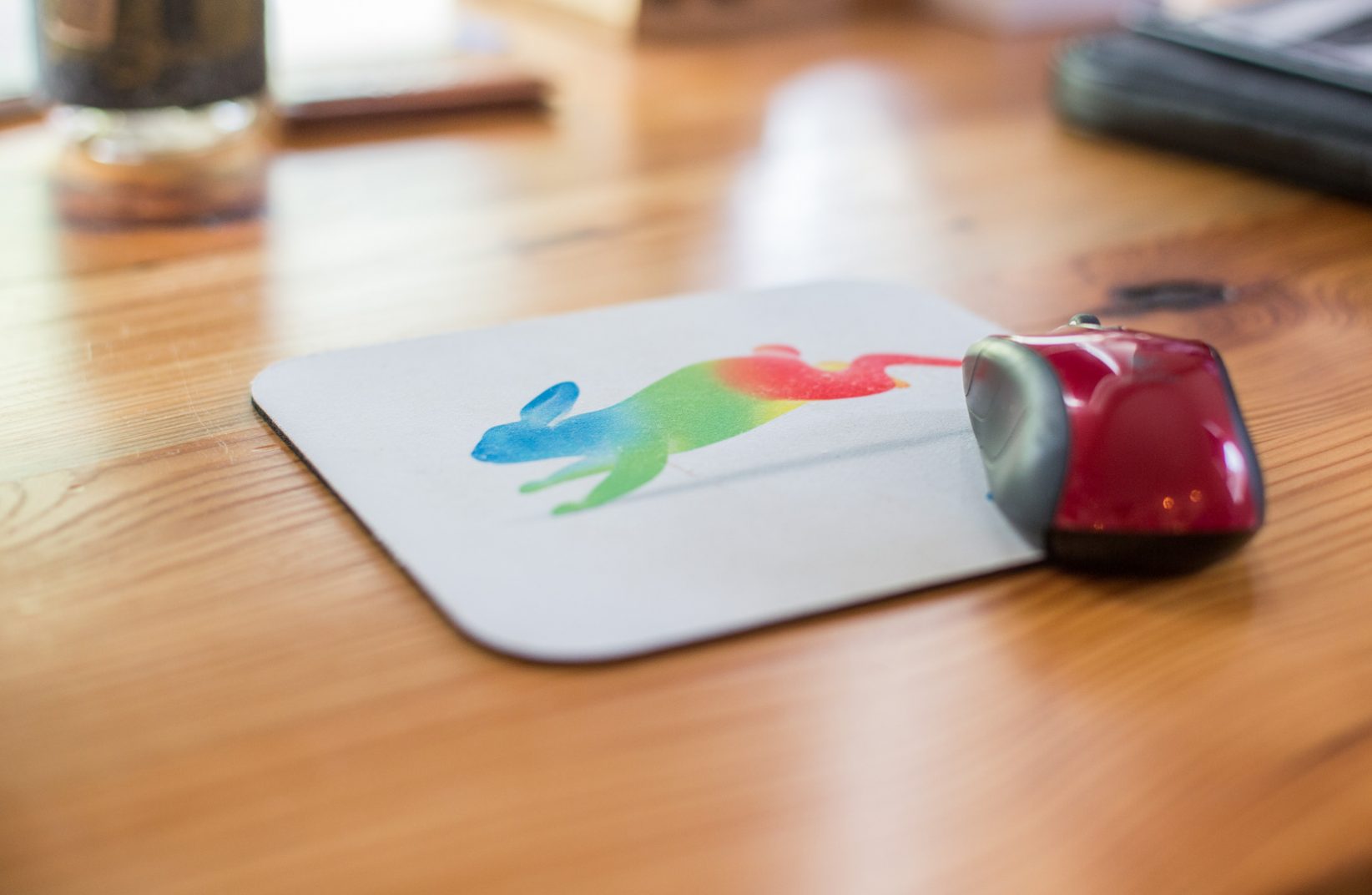Despite a politically divided metro and world, progress is happening in Kansas City, Kan.
In 2014, the National Digital Inclusion Alliance rated the city as the 8th worst connected city in the nation. Thanks to recent census data, those numbers have been updated and things are looking up for Kansas City, Kan.
The initiative released the new list of cities in a blog post this month — Kansas City Kan. is no longer in the top 25. The measure is calculated by access to wireline broadband technologies, satellite and fixed wireless technologies but does not include 3G or 4G mobile devices or non-broadband connections.
Since 2014, as many as 3,000 new households have received Internet access. Officials in Kansas say there are several things that have brought this positive change into fruition.
Kansas City Kan. chief knowledge officer Alan Howze notes that Google Fiber expansion has helped the city. Just this month, Google Fiber, Connecting for Good and other organizations launched a gigabit community effort in Cyrus K. Holliday community, in efforts to provide equal opportunity.
“It’s encouraging to see these results and see the hard work and effort of so many people and groups paying off and creating a more vibrant community,” Howze said. “It reflects a lot of hard work by our community partners — KC Coalition for Digital Inclusion and Kansas City, Kansas Public Library — who focused on digital equity and internet access.”
In addition, community organization Connecting for Good opened the doors to their Kansas City, Kan.-based technology center in 2014. The nonprofit assists low income families in their search for affordable Internet access. In order to bridge the digital divide, Connecting for Good also offers free digital life skills classes and low cost refurbished hardware.
Howze also attributes Wyandotte County’s economic growth to the city’s progress — wages have increased over 4 percent. This income boost led more people to expand Internet access.
“Internet access is becoming more fundamental to how people live their lives,” Howze said. “It affects their ability to access healthcare, education and access to employment opportunities. So much is done digitally now that it is becoming a necessity for households.”
The National Digital Inclusion Alliance collects data from 185 cities total. Kansas City, Kan. is ranked 33 while Kansas City, Mo. is ranked 70 — 1 being the worst.






































